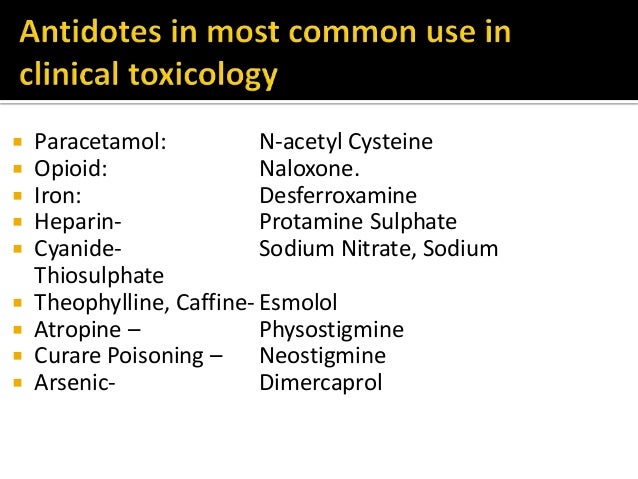

Such reversal may, for example, be required often before surgery after renal hemodialysis post open heart surgery whenever excessive bleeding results from heparin use and/or for the treatment of heparin overdosage, among other similar or related circumstances 9, 10, 7, 8. Protamine sulfate is indicated for counteracting or reversing the anticoagulant effect of heparin as necessary 9, 10, 7, 8. Type Biotech Groups Approved Biologic Classification Protein Based Therapiesīlood factors Protein Chemical Formula Not Available Protein Average Weight Not Available Sequences Not Available Synonyms Of the few agents that may be considered potentially successful alternatives - including idarucizumab for dabigatran reversal - their cost of procurement and potential range in reversing all parenteral anticoagulants are sometimes considered high and limited, respectively 1, 2. Although current up to date reviews and studies continue to search for new therapeutic alternatives to protamine sulfate, most substitutes possess similar and unacceptable adverse effects 1, 2. Regardless, protamine sulfate continues to see contemporary use given its genuine effectiveness in reversing heparin effects. As a consequence, whenever protamine sulfate use is clinically considered, careful consideration must be given as to whether the use of the agent could decrease the safety of the procedure or worsen the recovery of a patient after the procedure 1, 2, 7. The agent elicits this heparin reversal predominantly via the formation of an inactive complex between the anionic nature of heparin and its own cationic state 1, 2, 7.ĭespite the relative importance of protamine sulfate's medical indication, the medication can notoriously cause a variety of potentially rare but genuinely severe adverse effects that include systemic hypotension, pulmonary hypertension, liver and kidney tissue damage, and anaphylactic reaction, amongst others 1, 7.

Subsequently, because most invasive surgical procedures involve the routine use of heparin to prevent potentially surgery-complicating blood clotting, most cases of major bleeding in these frequent procedures are managed with the use of protamine sulfate 1. Since it's earliest discovery in salmon rine sperm heads in the late 1800's to its formal introduction via US FDA approval in 1939, protamine sulfate has occupied an important therapeutic niche as perhaps the only viable option for reversing the anticoagulant effect of heparin use for over 77 years 1, 2. Generic Name Protamine sulfate DrugBank Accession Number DB09141 Background Thus, careful choice of an anticoagulant agent and laboratory monitoring where appropriate are needed to minimize risk of bleeding complications.Protamine sulfate is a blood factor used when the reversal of the anticoagulant effect of heparin is necessary and for the treatment of heparin overdose. Newer anticoagulant agents generally lack specific antidotes. The new direct thrombin inhibitors (e.g., lepirudin, bivalirudin, argatroban) also have no specific antidote. For example, protamine sulfate reverses only about 60% of the anti-factor Xa activity of low-molecular-weight heparin, has negligible effects on danaparoid (a mixture of anticoagulant glycosaminoglycans used to treat heparin-induced thrombocytopenia) and fondaparinux (a novel synthetic antithrombin-binding pentasaccharide with exclusive anti-factor Xa activity approved in the United States for antithrombotic prophylaxis following orthopedic surgery). A growing problem arises from the increasing use of new anticoagulants that lack specific antidotes.

However, vitamin K only begins to reverse warfarin's anticoagulant effect by four to six hours, so urgent situations additionally require blood products, such as plasma (fresh frozen or cryosupermatant plasma), prothrombin complex concentrates, or, possibly, recombinant factor VIIa. Specific "antidotes" exist for the "classic" anticoagulant agents: protamine sulfate for UFH, and vitamin K for warfarin. We reviewed the literature to determine what strategies are available to reverse anticoagulation caused by older agents, such as warfarin or unfractionated heparin (UFH), as well as newer agents, for example, low-molecular-weight heparin, danaparoid, fondaparinux, lepirudin, and argatroban. Reversal of pharmacologic anticoagulation is an issue that arises when an anticoagulated patient has major bleeding or when a patient on chronic anticoagulant therapy requires urgent reversal of anticoagulation, for example, for surgery.


 0 kommentar(er)
0 kommentar(er)
